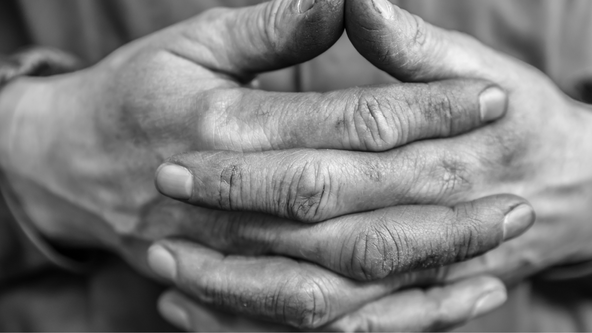Social Workers Play Valuable Healthcare Roles

When the doctors gathered by my father’s bedside in August of 2007 to tell him that their week-long efforts to stop his internal bleeding had been unsuccessful, it was the hospital social worker who stepped in and made a difficult conversation about end-of-life care understandable in words that were simple, compassionate, and empowering.
The doctors and intensive care nurse had begun the bedside meeting by describing the different medications they had tried and an unsuccessful platelet infusion to stop his hemorrhaging. Then they shifted the conversation to their decision to recommend palliative care.
At the mention of “palliative care,” it was obvious to me that my farmer-engineer father did not understand that they were telling him he was going to die, probably within a few days and most certainly within a week.
The social worker picked up on the same signals, and she politely stepped into the conversation to tell Dad in the plainest, kindest words possible:
“Mr. MacDonald, what they’re saying is that all of the treatments they’ve tried haven’t worked, and there aren’t any other options they can offer to stop your bleeding. We can keep you comfortable and out of pain here in the hospital for the next couple of days, or you can decide if you want to die somewhere else. You can go home to your farm with hospice care, or you can be transferred to the nursing home where your wife was cared for and also received hospice care before she passed away. It’s entirely your decision…do you have a preference?”
Social Workers: A Different Kind of Healthcare Expertise
My sisters and I will be forever grateful for her intervention, because she made a difficult decision as comforting, humane, and seamless as possible.
Specifically, Dad’s social worker recognized that he had not picked up on the doctor’s intended cues in their mention of “comfort modalities” and “palliative care.”
Instead, she used words and concepts that he understood. She made the bedside discussion personal, about him. She listed his options and gave him permission to choose.
My dad was a brilliant farmer and engineer, a guy who could invent and fix just about anything. He’d never attended a four-year college, but his background in mechanical drafting and his endless tinkering on our Ohio farm had led him to a successful career as the supervisor of the experimental department at a major farm equipment manufacturer. There, he and his fellow genius “tinkerers” built prototype machinery, tested it, and tweaked it to perfection before it went into widespread production.
That day in the hospital, the social worker acknowledged his wisdom and well-lived life by explaining what was happening to him in ways that he understood. Recognizing that he had lived a full life in his 83 years, she also gave him a respectful choice in how he wanted to die.
After her explanation of three options for care, Dad decided to be transferred to the same nursing home where Mom had died just 10 weeks earlier of Alzheimer’s disease. Three days after his transfer, he passed away peacefully late one evening. True to his “do it my way” lifestyle (some might call it stubbornness), he waited until we had all left his bedside vigil to make his exit.
Social Workers Provide All-Encompassing Support
Throughout my parents’ medical care during those last years and months of their lives, social workers at our local hospital and nursing home were always there to offer words of support and guide us in the direction they knew we were headed.
I’ll always remember the kindness, compassion and skill of that hospital social worker who made an unbelievably difficult decision about end-of-life care so easy for Dad to understand and make, and so easy for us to accept.
I’ll never forget the kindness of the nursing home social worker who made Mom’s transition from care at home to care in the memory wing of their facility as seamless and “homelike” as possible.
During our parents’ final days in the nursing home, a social worker checked on us to make sure we had everything we needed to stay sane, comfortable, and connected to cousins and family members near and far.
A social worker also handled the behind-the-scenes details with the local funeral home and county coroner so that we could focus on what we needed to do most: be together and grieve the loss of both of our parents in such a short time.
Mom’s death had been expected after a six-year decline from Alzheimer’s, but Dad’s death was not.
A large part of our family’s ability to tackle his untimely death involved those caring, compassionate social workers.
Sue MacDonald is a freelance writer and former newspaper journalist who specializes in healthcare writing. She lives in Cincinnati, Ohio.